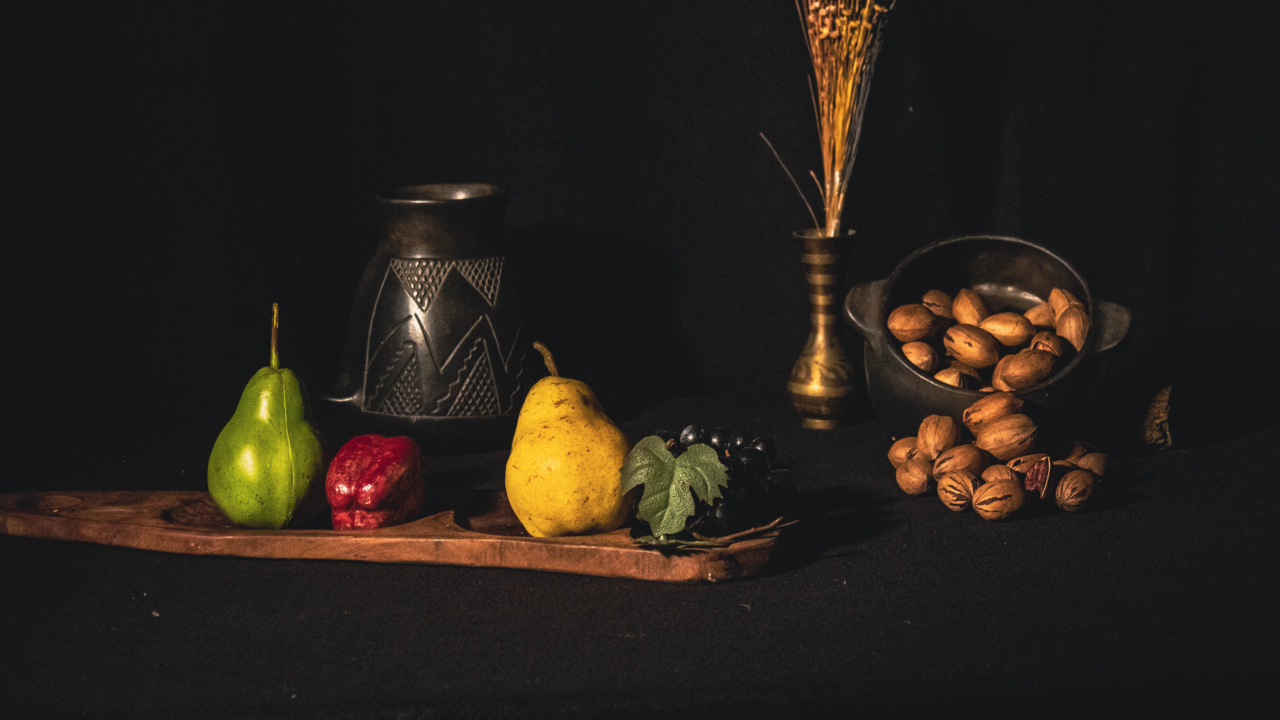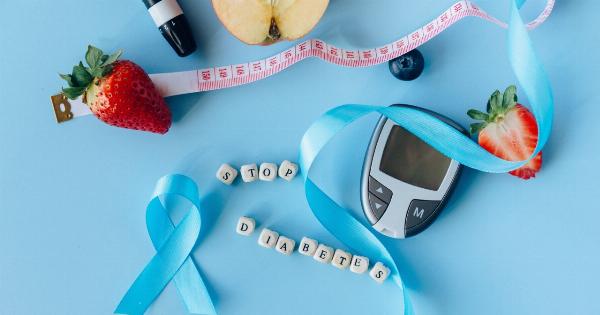Bloating and indigestion can be uncomfortable and disruptive to daily life. While many factors can contribute to these digestive issues, the fruits we consume can play a significant role.
While fruits are generally healthy and beneficial, certain fruits can exacerbate bloating and indigestion symptoms for some individuals. In this article, we will explore the worst fruits for bloating and indigestion, helping you make informed choices for better digestive health.
The Impact of Fruits on Digestion
Fruits are an essential part of a balanced diet, providing vitamins, minerals, fiber, and antioxidants. However, some fruits contain specific compounds that can cause bloating and indigestion in susceptible individuals.
Factors like high fructose content, insoluble fiber, and presence of natural sugars can contribute to these digestive issues.
1. Apples
While an apple a day may keep the doctor away, it can also cause bloating and indigestion for some people. Apples are high in fructose, a type of sugar that can ferment in the gut when not properly absorbed.
Additionally, apple skins contain insoluble fiber, which can be difficult to digest and may cause discomfort, especially in those with sensitive stomachs.
2. Watermelon
Watermelon is a delicious and refreshing fruit, particularly during hot summer months, but it can contribute to bloating and indigestion. Like apples, watermelon contains high levels of fructose.
Additionally, its high water content can lead to increased fluid retention and bloating in some individuals.
3. Pears
Pears are a great source of fiber and vitamins, but they can also cause bloating and indigestion. Similar to apples, pears contain fructose and insoluble fiber.
These compounds can be tough on the digestive system, leading to gas, bloating, and discomfort.
4. Mangoes
Mangoes are a tropical delight, rich in vitamins and antioxidants. However, they are also high in fructose, which can cause digestive issues when consumed in excessive amounts.
For individuals with sensitive stomachs or irritable bowel syndrome (IBS), mangoes may trigger bloating, gas, and abdominal pain.
5. Cherries
Cherries are a popular summer fruit known for their vibrant color and sweet taste. While they are packed with antioxidants, cherries also contain fructose and can be problematic for those prone to bloating and indigestion.
Additionally, some individuals may be sensitive to the skins and pits of cherries, which can further contribute to digestive discomfort.
6. Citrus Fruits
Citrus fruits like oranges, grapefruits, and lemons are excellent sources of vitamin C. However, their high acid content can lead to acid reflux and heartburn in individuals with sensitive stomachs.
These symptoms can further contribute to bloating and indigestion. It is important to consume citrus fruits in moderation and consider alternative options if they worsen your digestive issues.
7. Pineapple
Pineapple is a tropical fruit known for its sweet and tangy flavor. While it is rich in enzymes that aid digestion, such as bromelain, pineapple can still cause bloating and indigestion for some people.
This is primarily due to its high fructose content, which can ferment in the gut and lead to discomfort.
8. Dried Fruits
Dried fruits like raisins, apricots, and prunes are convenient snacks and can provide a concentrated dose of vitamins and fiber. However, the drying process removes water from the fruits, making them higher in sugar content.
This increased sugar concentration can lead to bloating and digestive issues, particularly for individuals with sensitive stomachs or conditions like IBS.
9. Persimmons
Persimmons are a unique fruit with a sweet and slightly tangy flavor. While they offer health benefits like fiber and antioxidants, persimmons are also high in fructose.
Regular consumption of persimmons can lead to bloating, gas, and digestive discomfort, especially in those with preexisting digestive issues.
10. Prickly Pears
Prickly pears, also known as cactus fruit, are native to arid regions and have a sweet and refreshing taste. However, they contain high levels of fructose and insoluble fiber, making them potential culprits for bloating and indigestion.
It is advisable to consume prickly pears in moderation and pay attention to your body’s response.
Conclusion
While fruits are generally beneficial for overall health, certain fruits may trigger bloating and indigestion for susceptible individuals. This can be attributed to high fructose content, insoluble fiber, or natural sugars found in these fruits.
If you experience digestive discomfort after consuming certain fruits, it may be helpful to limit their intake and opt for alternatives that are better tolerated by your digestive system. Always listen to your body and make dietary choices that best support your digestive health.



























